I jumped out of bed and ran down the tilted-too-far-forward stairs, threw on some shoes and trotted first out the small, gated courtyard and then, when I saw no one, farther down the street. A siren had woken me from my bizarre dreams about a high school boyfriend and an indoor, filmed scuba class. And since I was in the town of Curanipe, Chile, where just last night R and I had talked to a restaurant owner about how he used to have beer on tap but “se lo llevó el mar” (the ocean took it away, referring to the tsunami), I had to find out what the siren meant, and what I should do about it.
Curanipe is one of several fishing towns that bore the brunt of the (largely unannounced) tsunami on the Chilean shore, after the 8.8 earthquake hit on February 27, 2010. And R and I had decided to stay here, not because we wanted to collect stories from tsunami survivors, but because it was late, we needed a place to sleep, and when we’d passed Constitución, it bared its fangs a little too aggressively, contrasted too strongly with the stunning coast we’d seen on the way. So we continued on.
We’d arrived at Curanipe after sunset, the occasional minimarket and still-open pharmacy the main sources of light on its one main street, which is just a block from the ocean. A woman wheeled up a wheelbarrow with a plastic woven sack on top, which she took off to show off some of today’s catch. She grabbed a congrio (conger eel, a fat, cylindrical fish) by the head end and hung it at arm’s length to a prospective buyer.
After some searching, we found a cabaña, a dank place with a kitchen with mass-market oversized grandma doily as a tablecloth, tacky brown paint on the door that will probably never dry, a refrigerator which preferred not to be opened, and more than enough beds for the two of us. Later in the evening we went out for food, and found the one restaurant open, where we watched Brazil (not unexpectedly) beat Ecuador in the Copa Americana, and I ate what was not the first, nor would it be the last of the cheese sandwiches I would eat on this trip. R preferred the mariscal caliente, a bowl of bivalves, which he pronounced tasty “but gritty.”
And later, after finishing watching the game, we all put on our warmest pajamas against the damp and rainy cold of this part of the world, and went to sleep. Until the blaring began. Blaaaaaaaaaaaaaaare, blaaaaaaaaaaaaaaare. It went on and on. First I thought of ignoring it. See, I could just stay in this cozy bed with the bunk above me’s teddy bear sheets hanging down, or I could get out and find out what was happening.
Which is how I found myself in my warmest pajamas, a suit someone once called my “lamb suit,” wool leggings and a long-sleeved wool shirt, this time topped with a fleece hoodie, and then a goretex jacket, as I splashed out into the rain.
First I saw one car, then another, seemingly heading up into the hills. But they didn’t see me, and continued on. So I swung the puerta corrediza (sliding door) of a bread shop open, where a fiftyish couple was arranging hallullas (a local bread) onto a baking pan.
“Que es ese sonido?” (what’s that sound), I blurted out, before even saying “good morning,” which is pretty rude in these parts.
“Oh, it’s a siren,” the man said.
“Right, a siren. As in an emergency? Should we evacuate?”
“No,” the woman said, patting the floury dough down into place. “It has nothing to do with the ocean.” Here my pulse dropped to semi-normal.
“So why are they sounding the alarm?” I said
“It must be because the población (shanty town), up there has flooded.”
“How could they flood if they’re high up?” I asked.
“It’s built into a hollow, she said. But everything down here is fine.”
“Perfecto,” I said, not realizing what a jerk I sounded like. Then I said “pobre de ellos” (Poor them!).
I went back to bed for a couple of hours, woke to find we had not been washed away, and that it was still raining. I went back out to find some food for breakfast, to eat on our grandma-doilied table, and while I was at the store (buying bread, bananas, butter, cheese, and eggs), people started talking more about the siren.
“It’s new,” one guy told me. “The other one sounded ‘mas despacio’” which though it means “slower,” in Chile I’ve come to understand it means “more quietly.” “But people further out didn’t hear it, and so they replaced it.”
This siren, I can assure you, is not despacio at all, but rather loud enough to wake all but the soundest sleeper.
“But how do you know if it’s for a tsunami or for flooding or for something else?” I asked.
They conferred, and though nobody knew for sure, one woman said she was pretty sure it had to sound twice in order for it to be for a tsunami
“It sounds the same for all emergencies” said the guy who handed me the bag to bag my bread.
More people came in to the store, and everyone talked about having been awakened by the siren.
“I woke up at 5:30 this morning” said one woman.
“From the siren?” I asked, because I hadn’t woken up until nearly 7 with the same siren, and I wondered if I’d missed an earlier call.
No, she said. “Me desperté porque teníamos todo inundado” (I woke up because my house was all flooded). I glanced down, and saw that her jeans were sodden up to the knees.
Pobre de ella. (Poor her).

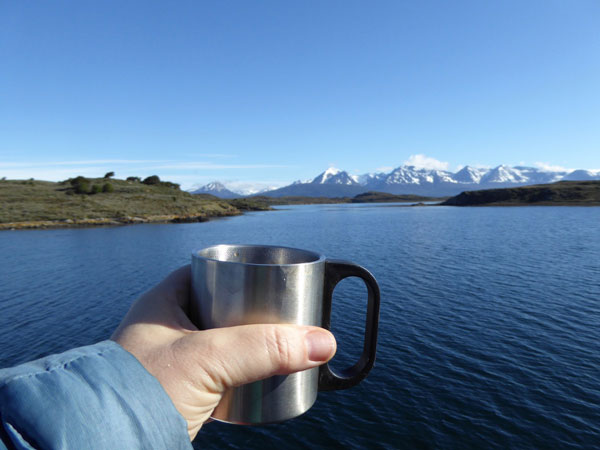
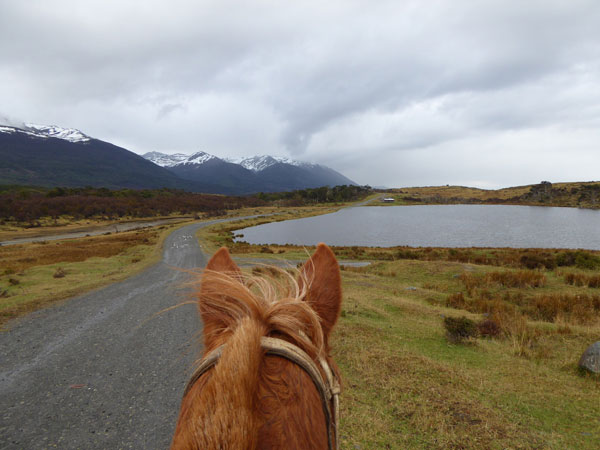

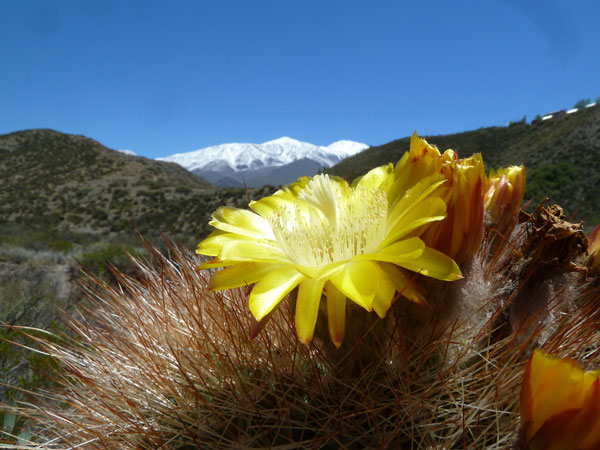
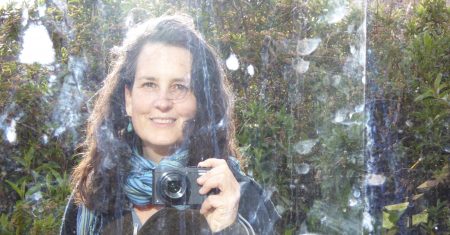
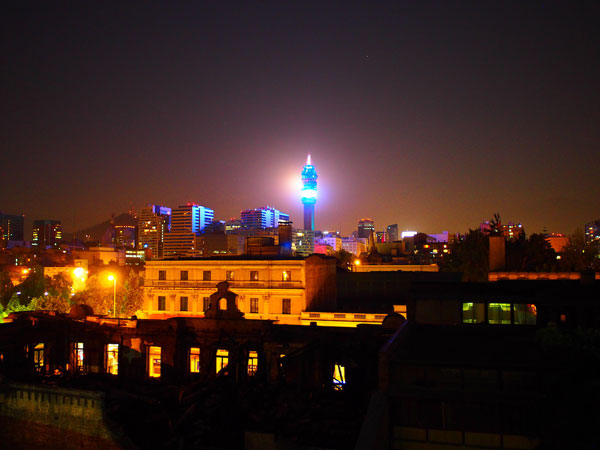
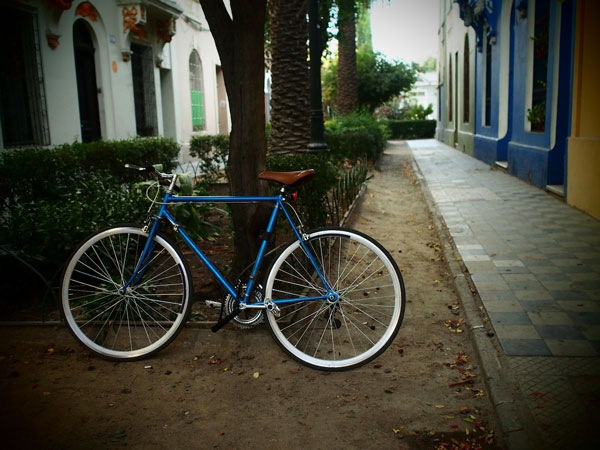


Hilarious!
that’s the first ever Mamaj comment. I’m so lucky!
Can’t help it! It is a funny image. Hey, they should really think about finding a way of sounding distinguishable sirens… or it’s a little like calling wolf, isn’t it?
Rainy and cold in the capital…
Good for you for actually getting out of bed. I probably wouldn’t even think to recognize a siren as a possible tsunami. I’d probably forget I was on the coast and think it was just a car alarm in Santiago.
Can’t wait to see pictures from your adventure!
it was a long, whining, whinging, yowling, dying cow of a sound. I don’t think you’d have mistaken it for anything other than a siren. But it depends how deeply you sleep!
And R slept right through it? Must’ve been frightening!